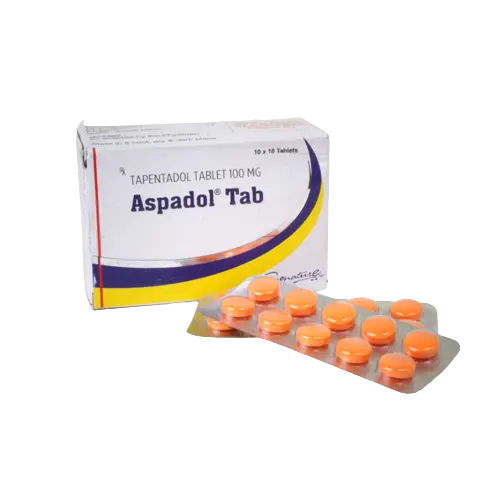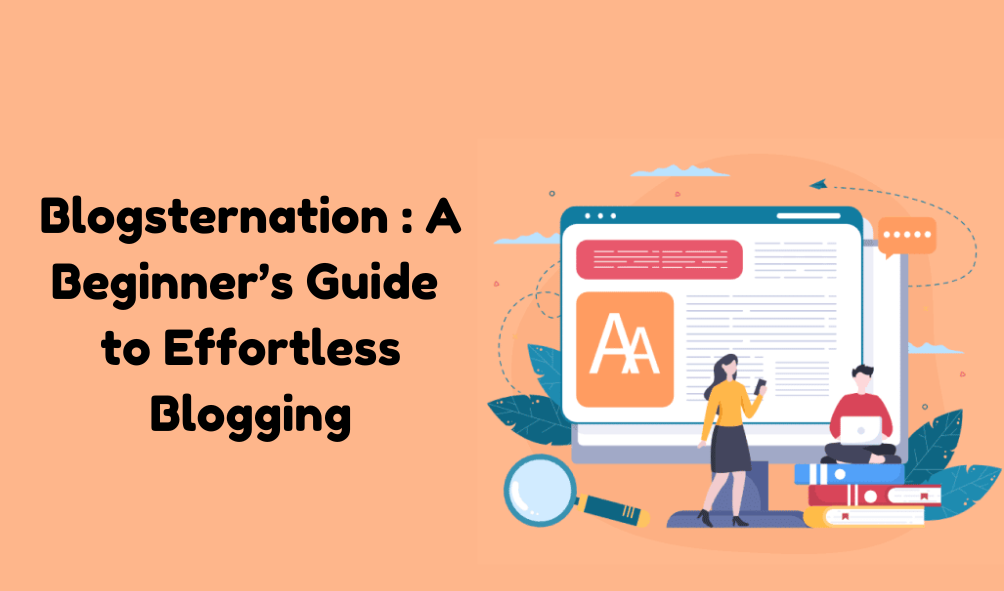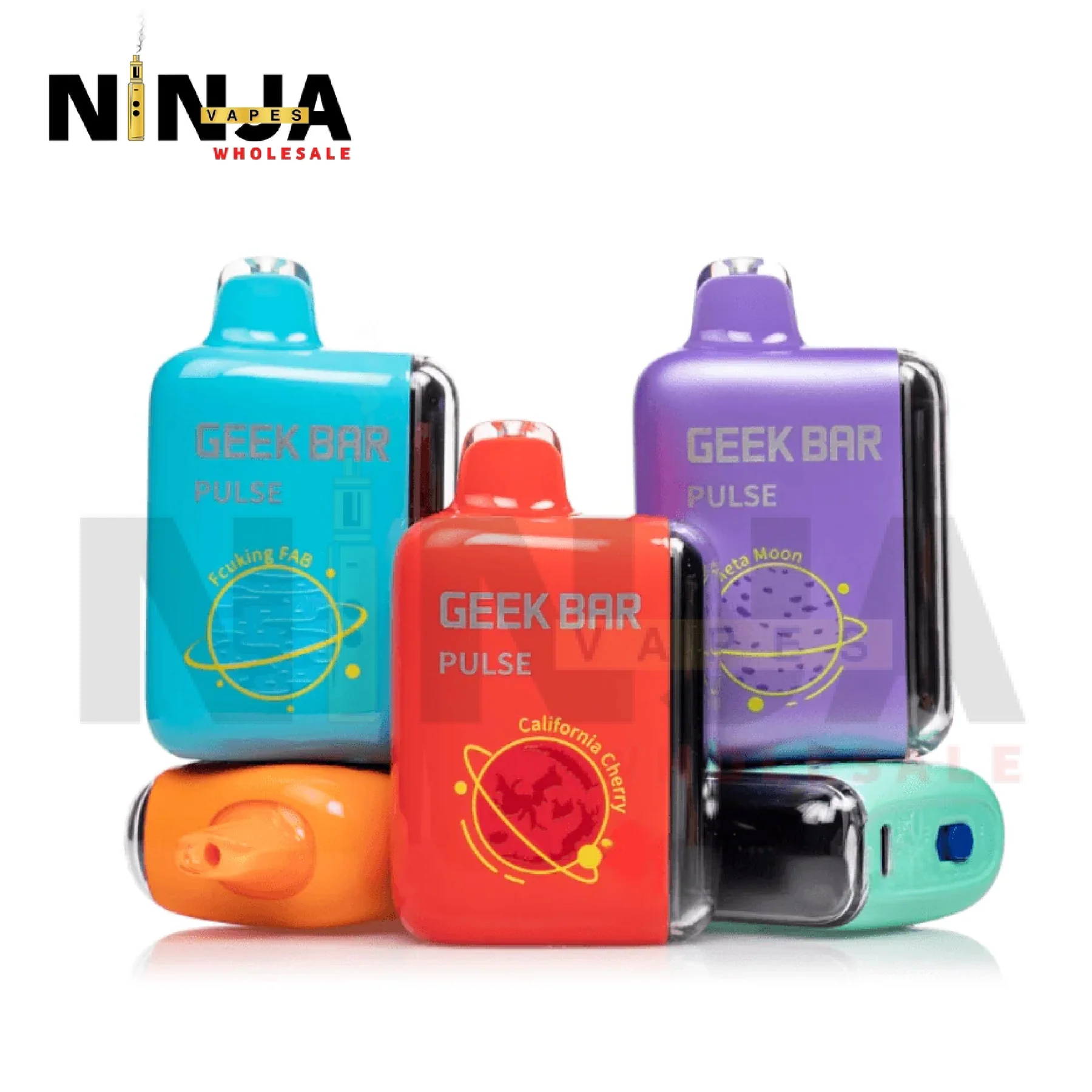In 2024, the audiobook industry experienced significant growth, with the global market size estimated at $6.83 billion in 2023 and projected to expand at a compound annual growth rate (CAGR) of 26.2% from 2024 to 2030.
The Audiobook industry has experienced explosive growth over recent years, and narration is increasingly essential in telling a compelling tale. When choosing recording software – either self-published or custom audiobook creation services – selecting one that meets all your requirements can be daunting; with so many available choices, it may feel impossible. But in this blog post, we’ll look at what to consider when searching for audiobook recording software, as well as explore various best available solutions so that we can find one tailored to our experience, equipment needs, and budgetary concerns.
What to Consider When Choosing Audiobook Recording Software
Before selecting audiobook recording software, it is critical that you fully comprehend all of the influencing factors. Several criteria should help guide your choice so you end up choosing an application capable of producing high-quality audiobooks.
Ease of Use
For authors new to audiobook creation, ease of use should be an essential consideration. No need for audio engineers when you can simply produce high-quality audiobooks using software designed with novice audiobook authors in mind: intuitive interfaces and user-friendly features make things simpler than ever for authors new to this form of publishing. When choosing an editing or custom recording solution that provides user-friendly workflows as well as tutorials, as well as strong customer support – that will guarantee an amazing audiobook creation journey from conception through publishing!
Audio Quality and Editing Features
When looking for audiobook recording software, its primary goal should be producing clear, high-quality audio recordings. Look for software that permits recording at high resolution while offering advanced editing tools like noise reduction, equalization, and sound enhancement features – these ensure your final product will be crisp without unwanted background noise that might make the final cut for audiobooks.
System Compatibility
System compatibility should also be taken into consideration when selecting software applications to install on a PC running either Windows or macOS operating systems. Some tools only support one OS, while others might work cross-platform; make sure the chosen tool matches up with your current setup to avoid compatibility issues in the future.
File Format Support
Audiobook production requires that recording software supports various file formats. Industry-standard formats like MP3, WAV, or FLAC must be exported by your software for distribution on platforms like Audible or iTunes without encountering technical difficulties when doing so. File format compatibility will give you more freedom in how you distribute and market your audiobook without encountering technical hurdles.
Pricing and Licensing
Recording software pricing and licensing models differ substantially, making it essential to select one that fits within your budget. Some tools offer one-time payments, while others operate subscription models; it is important to read carefully through any licensing terms when considering using software for commercial distribution through platforms like Audible or other audiobook stores.
Best Recording Software for Audiobooks
There are various top recording software programs favored by audiobook creators that have stood the test of time; these options have become staples due to their features, reliability, and audio quality.
Audacity
Audacity, an open-source software program, is widely considered one of the premier audiobook authoring tools. From its basic features for beginners to more advanced options for fine-tuning recordings. Compatible with both Windows and macOS operating systems and supports various file formats for music recordings. Featuring noise reduction, multi-track editing capabilities, and plug-in support, Audacity can produce professional-quality audiobooks quickly.
Adobe Audition
Adobe Audition, part of Adobe Creative Cloud suite, provides powerful audio editing tools for mixing, editing, and restoring audio tracks. With multi-track editors and advanced noise reduction technologies as part of its offering and seamless integration between products from Adobe, Audition is often chosen by professional audiobook creators as their audiobook editing solution of choice. While more expensive than some options out there, Adobe Audition remains ideal for those requiring complex editing tasks, as it offers advanced features at competitive rates.
Reaper
Reaper is an accessible yet cost-effective audio editing software solution known for its wide-ranging functionality. Beginners, as well as professionals alike, often utilize Reaper when recording or editing audiobooks; its multitrack editing, plugin support, and automation features make Reaper an excellent way to fine-tune every aspect of production, while its lower costs make it the go-to option for authors on a budget.
GarageBand (for Mac Users)
If you own a Mac, GarageBand provides an excellent and user-friendly audiobook creation software solution with impressive sound quality and ease of use. While not as advanced as some professional audio software programs, GarageBand still provides basic tools necessary for recording and editing audiobooks – perfect for novice authors trying to produce quality recordings without complex programs like Pro Tools.
Pro Tools
Pro Tools, another professional-grade audio recording software often used in commercial audiobook production, offers numerous cutting-edge features that enable precise editing, mixing, and mastering for commercial audiobook projects. However, its steep learning curve and price make Pro Tools best suited to experienced audiobook creators or custom audiobook creation services.
Hindenburg Journalist
Hindenburg Journalist is an affordable option designed for podcasters, journalists, and audiobook creators that provides powerful editing tools, including automatic leveling and noise reduction. Its intuitive user interface and easy integration of different file formats make this solution the ideal solution when looking for professional-grade audio at an economical price.
How to Choose the Right Software for Your Needs
Before selecting software, it’s essential to assess your skill set, recording setup, and post-production needs.
Considering Your Experience Level
For beginners, software that is user-friendly with plenty of tutorials or resources can be especially helpful when beginning audio editing. Audacity and GarageBand may offer suitable entry point programs that won’t overwhelm you. However, experienced editors looking for advanced features such as Adobe Audition or Pro Tools may provide what they require.
Matching Software to Your Recording Setup
Carefully consider what equipment will be necessary to record an audiobook, such as microphones and audio interfaces, when selecting software to use for this endeavor. Certain solutions have been specifically tailored for certain equipment; choose software that complements it seamlessly for optimal recording results.
Assessing Editing and Post-Production Needs
Your editing software choice depends upon the complexity of your needs; for audiobooks that require sound enhancement and extensive editing, software like Adobe Audition or Pro Tools might be best, while simple recordings might work just fine using Audacity or GarageBand.
Budget and Subscription Plans
Your budget is an integral component in selecting software. There are both free and paid options, so assess which features meet your requirements as well as any investments that would provide long-term value – Adobe Audition offers ongoing updates and new features, while one-off payment tools like Reaper offer long-term advantages.
Essential Features for Audiobook Recording Software
An effective audiobook recording software should come equipped with certain features designed to ensure an efficient production process. Multi-track editing allows multiple voice recordings at the same time, while noise reduction and sound enhancement tools will reduce distractions during recording sessions. Built-in effects and plugins add polish while exporting into different formats allows easy distribution.
Conclusion
Selecting an audiobook recording software that fits your unique requirements is vital for producing professional-grade audiobooks. No matter if you work independently or use Audiobook production and publishing services, selecting a suitable application is critical in creating engaging books that engage and captivate their intended listeners. By considering ease of use, audio quality, system compatibility, and specific needs when making this decision, you can find software designed specifically to make professional recordings that engage and captivate their target audiences.














Leave a Reply